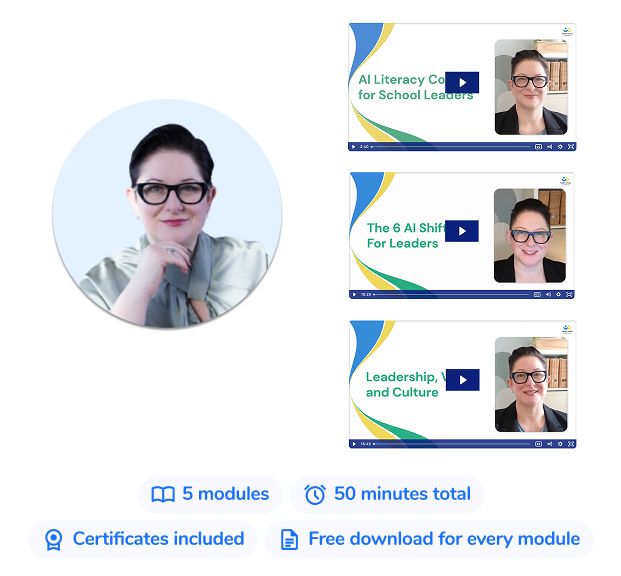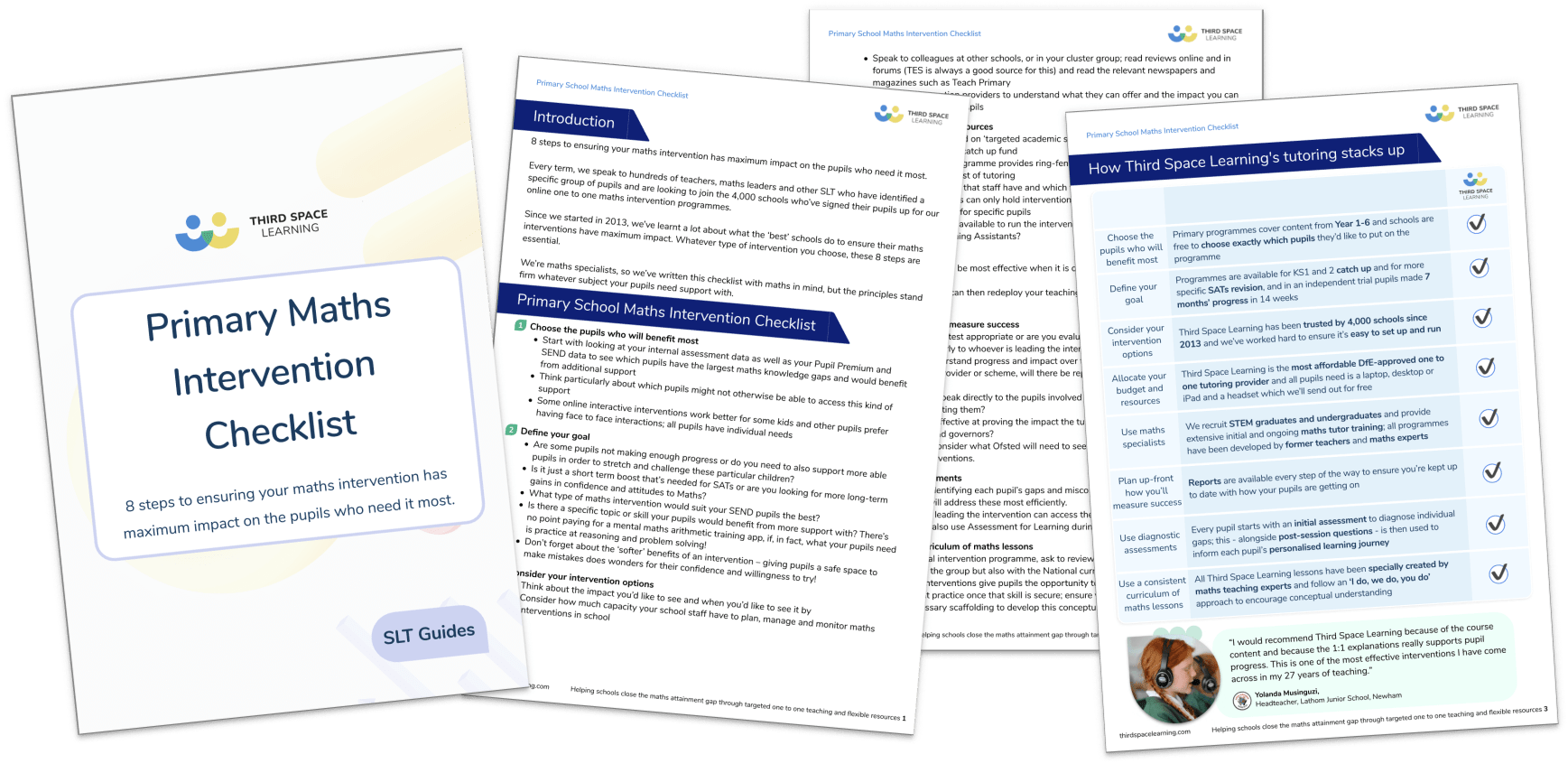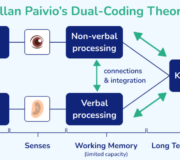4 Essential Elements of Effective Primary Teaching Practice: Review of The Teaching Schools Council Report
The Teaching Schools Council report ‘Effective Primary Teaching’ carries some compelling recommendations for the strategic direction of primary schools across the country. For headteachers, school leaders and governors, it should be required reading. The research underlying it is based on visits to 20 primary schools across England, and multiple contributions from teachers, school leaders and academics in the field.
So we jumped on it to see what we can learn. Read on for our summary and recommended supplementary reading. The complete report is no longer available from the TSC site, but a copy can be found here.
Effective means contributing to pupil outcomes
The vision for the report is clear from the introduction. Effective means “those things which best contribute to pupil outcomes across the curriculum.”
“Being able to talk, read and write alongside a solid understanding of Maths is essential. But, there is a broader knowledge required to provide the foundation for secondary, and indeed, for later life which needs to be considered in schools. Our ambition for primary schools should include high expectations of both the appreciation of, and achievement in, art, music, drama and sport too. We should also not forget the basic literacy with technology and the understanding of our world and our history.”
What does effective look like in primary schools
The report leads on the essential elements of what effective practice in primary schools requires. These are their 4 pillars:
- Strong leadership
- Development of teachers and teaching is a priority
- Excellent use of resources including time
- Evidence-powered decision-making on structure and organisation
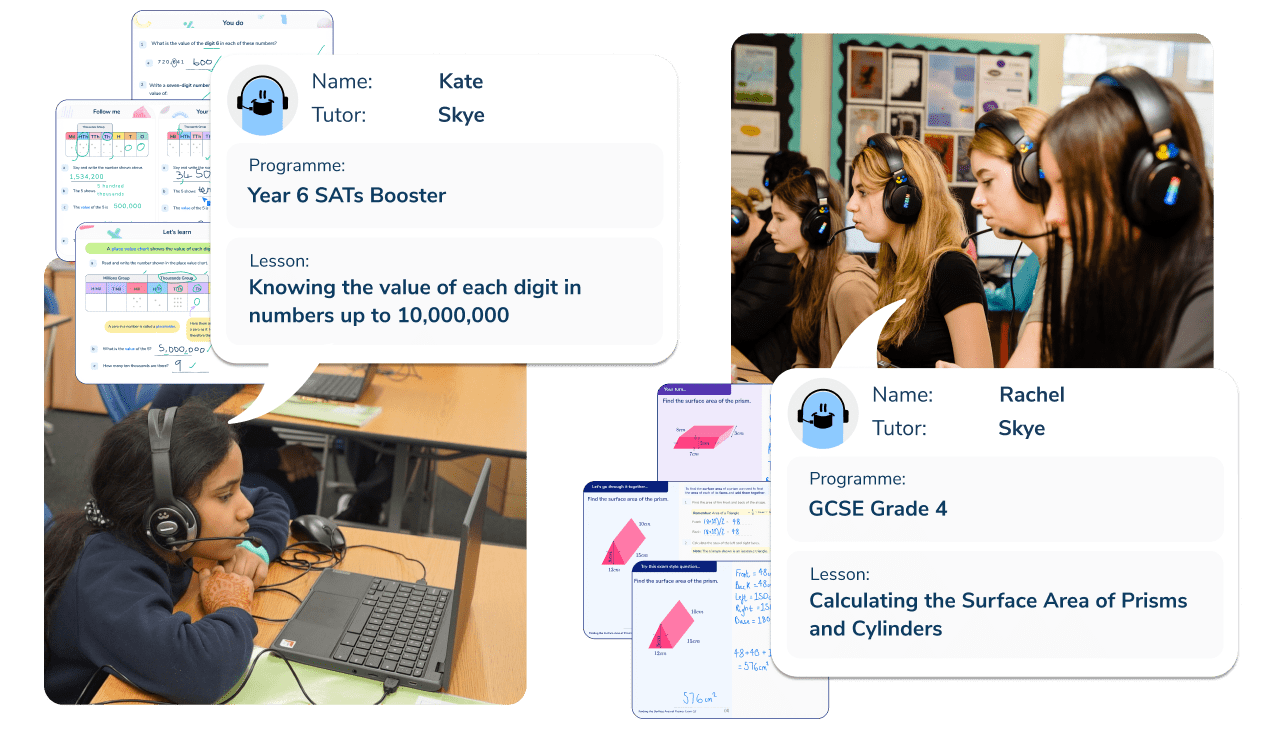
Meet Skye, the voice-based AI tutor making maths success possible for every student.
Built by teachers and maths experts, Skye uses the same pedagogy, curriculum and lesson structure as our traditional tutoring.
But, with more flexibility and a lower cost, schools can scale online maths tutoring to support every student who needs it.
Watch Skye in action1. Effective schools have strong leadership
“Effective leaders have a clear vision for the school – drawing on evidence – which is understood, owned, and implemented by all staff.”
The report states that there is a clear emphasis on leading in teaching and learning, as well as an acknowledgement that strong leadership is dependant on a strong desire to improve outcomes. The report also notes that school culture is key, with staff actively looking to develop professionally, better their teaching methods and learn from past mistakes.
School leaders need a clear vision and to take responsibility for leading teaching and learning. Leadership and management must look outwards not inwards. It notes, “Effective leaders have a passionate and relentless drive to continually improve outcomes. They do not allow themselves to be distracted from their core business as leaders of teaching and learning. They delegate the operational aspects of their job to other key staff.”
2. Effective schools prioritise the ongoing development of teachers and teaching
“Strong and effective staff development is structured around clear objectives to improve pupil outcomes; and informed and led by evidence of effective teaching practices. Planning is purposeful, focused on learning and has a clear objective”
This section is full of really excellent detailed guidance as to what you need to consider. Elements which particularly resonated with us at Third Space Learning include the specific analysis on how children learn and the link between thinking skills and memory (see this blog post on how to help pupils memorise number facts); as well as the emphasis on teaching approaches that are backed by evidence. The report singles out a mastery approach and mixed ability whole class teaching supplemented by catch up interventions as being those that really work.
Read more on effective teaching practice
- 13 evidence based teaching strategies proven to work in schools
- Cognitive load theory in the classroom
- Differentiation strategies in primary school
3. Effective schools make the most of all their resources
“In effective schools, teachers use their time on those things that make the most significant, direct difference to improving outcomes for all their pupils.”
This section is focused on impact, and broadly ‘value for money’. It’s not always been easy for schools to measure impact, but it can be done, with increasing data and benchmarking of progress over time of an intervention. (At Third Space we’ve tried our best to capture accurately the impact of our 1-to-1 but it depends a lot on schools’ own reporting methods.) Clearly there are better and worse ways to use Teaching Assistants. The report particularly highlights the tendency for TAs to unwittingly create dependency and how this is negative for overall outcomes.
There is also guidance on classroom layout and when to use rows, groups and the horseshoe, as well as use of technology and existing resources which need to have more emphasis put on their effectiveness rather than the fact they’re new and shiny. There is no silver bullet.
That said, if you’re looking for budget resources for the primary Maths classroom our Ultimate Guide to Hands On Maths Manipulatives may be just what you need to stretch the budget further – they’re tried and tested and the cheapest is under £1!
Primary School Maths Intervention Checklist
An essential step-by-step checklist to help you select, manage and evaluate the best Key Stage 2 intervention programmes for your pupils
Download Free Now!4. Effective schools make clear choices about how they organise, structure and prioritise, based on evidence
“They invest in developing a strong reception year with a structured approach to teaching and planning for focused learning rather than aimless activities.”
The takeaway here is that the reception year in many years just isn’t good enough, hence the need for a government review. In addition, there’s the repeated call to look at the evidence around what works in schools: think hard before setting and streaming, be clear about the purpose homework has in their school, and engage with parents.
If you’ve looked at the evidence and are considering getting rid of setting or streaming in your class, you may like these practical ideas for managing a mixed ability classroom.
Additional recommendations
The report is long, but it repays good study. And here are some final points, you may miss if you skim it…
- Parental engagement is key: communicating with parents can improve the child’s learning by discussing what their child does in school and how they can support this at home
- Mixed-ability classes can encourage a growth mindset in all pupils: a belief that their basic ability can be improved through hard work and perseverance, encouraging them to be resilient and love learning
- The evidence does not suggest that Maths and English must be taught in the morning and everything else in the afternoon: proving a more flexible timetable can be just as effective
- A teacher’s understanding of a subject, and how children learn that subject, is very important. Our experience is that Maths is rarely taught by a specialist in primary schools (less than 2% of primary teachers are Maths specialists). However for interventions focused on plugging gaps in Maths a Maths specialist teacher has the flexibility and adaptability to tackle a misconception well.
- The quality of the relationship between pupil and teacher is significant. This is a big one for us. Skye, the conversational AI tutor, is specifically trained by maths teachers to replicate the behaviours and dialogue of an effective human tutor. The system uses a voice-based, dialogue-driven approach where pupils speak and listen, which helps create an engaging and authentic learning experience. The AI tutor is trained to apply essential tutor moves, such as providing encouragement and building a supportive learning environment, which are vital for developing a pupil’s confidence.
Primary school matters
Consider this from the report as a final thought
“The primary phase is the most important phase of education – gaps that appear in the primary years can grow and can create a weak foundation for future educational development. This may stifle social mobility and can reinforce cycles of disadvantage. And yet, we know that this does not need to be the case. We hope that this report into the principles around effective primary practice will stimulate discussion, provide challenge and make a valuable contribution to the establishment of a truly school-led system.”
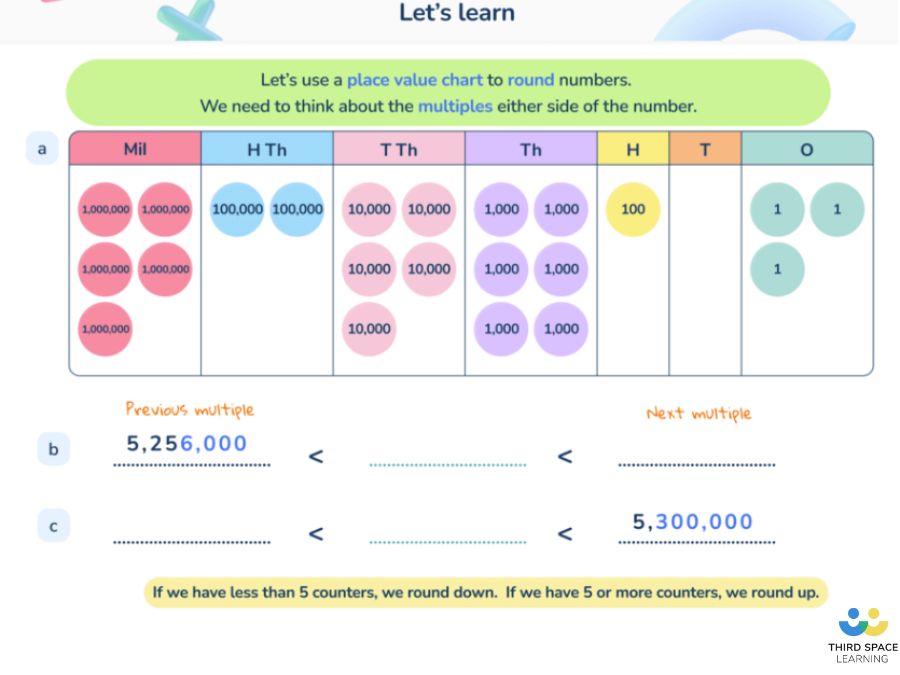
We see every week in our interactions with schools looking to use our 1-to-1 AI tutoring intervention the impact that excellent primary practice, and indeed less than effective primary practice can have on pupils in schools. Our mission at Third Space Learning is to close the social attainment gap in Maths and already over 50% of the pupils we teach are in receipt of pupil premium. If you think we might be able to support pupils at your school, sign up for more information here. And for the detail on the report’s recommendations, download the entire Teaching Schools Council Report into Effective Teaching Practice.
Read more on issues for SLT in primary school
DO YOU HAVE STUDENTS WHO NEED MORE SUPPORT IN MATHS?
Skye – our AI maths tutor built by teachers – gives students personalised one-to-one lessons that address learning gaps and build confidence.
Since 2013 we’ve taught over 2 million hours of maths lessons to more than 170,000 students to help them become fluent, able mathematicians.
Explore our AI maths tutoring or find out about maths tuition for your school.
